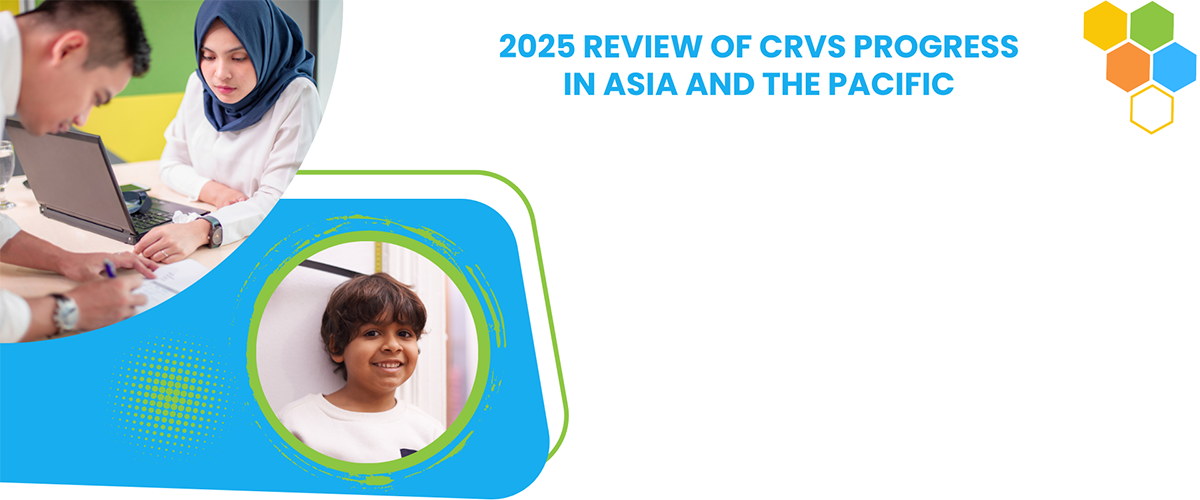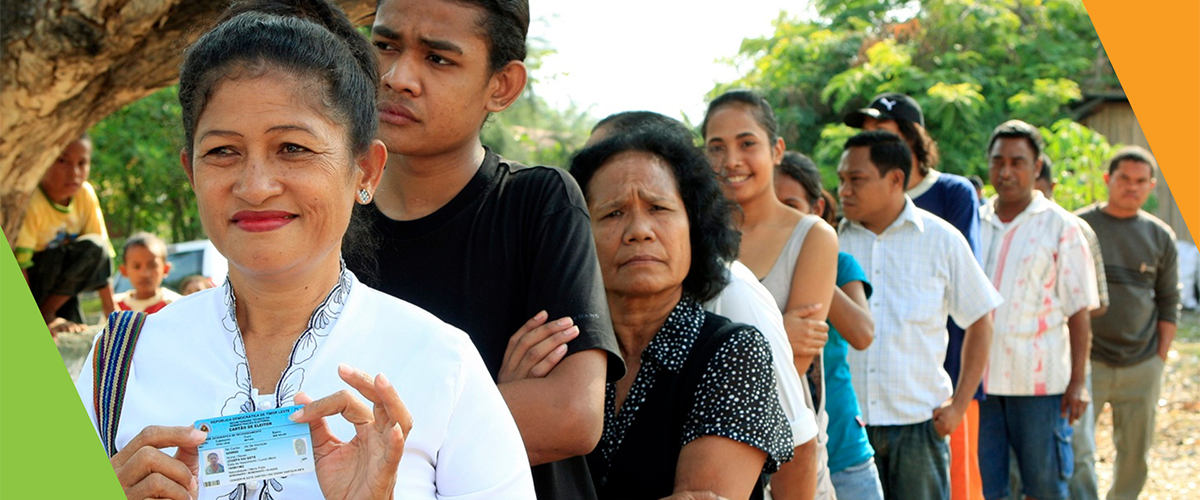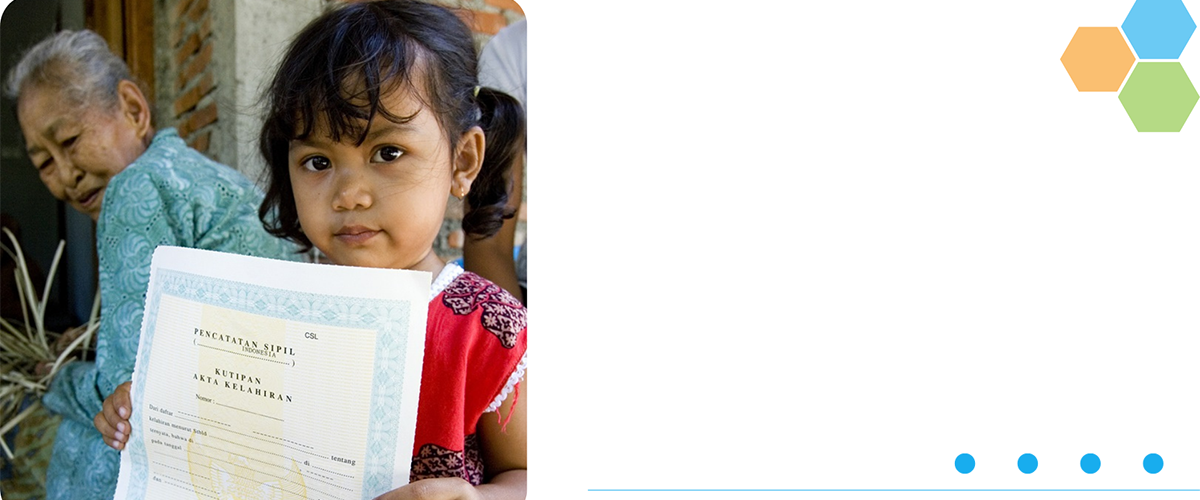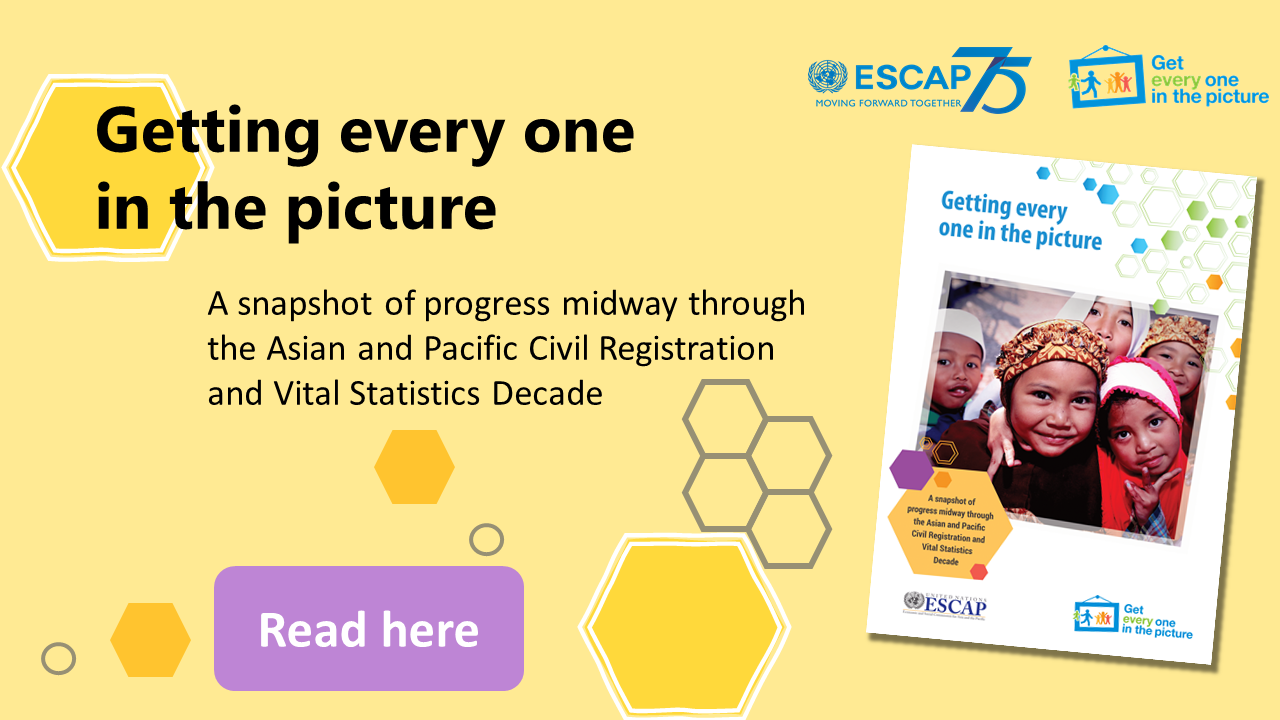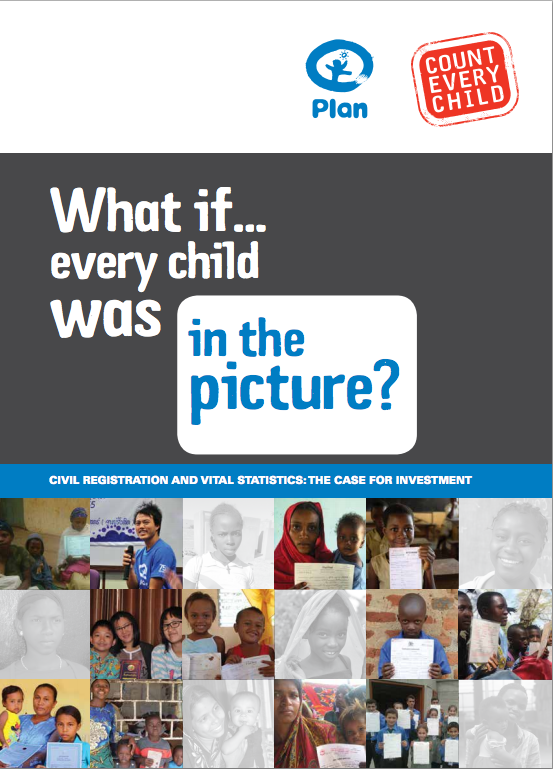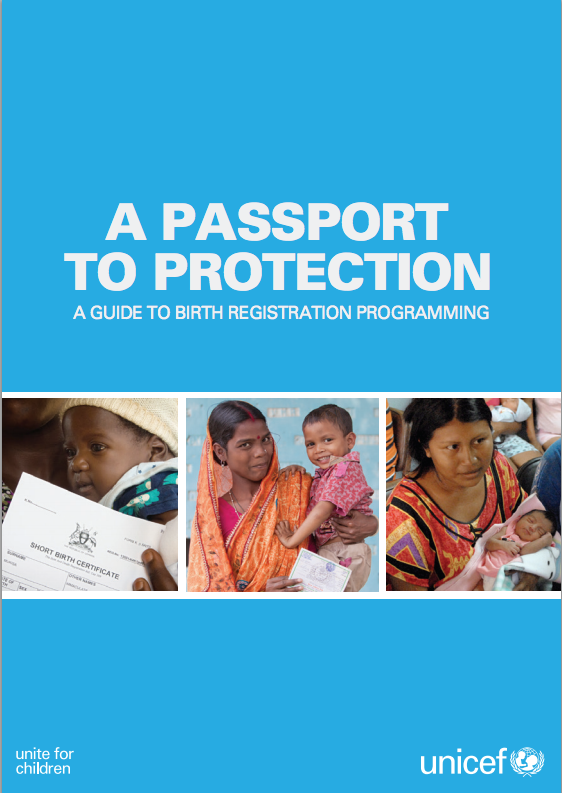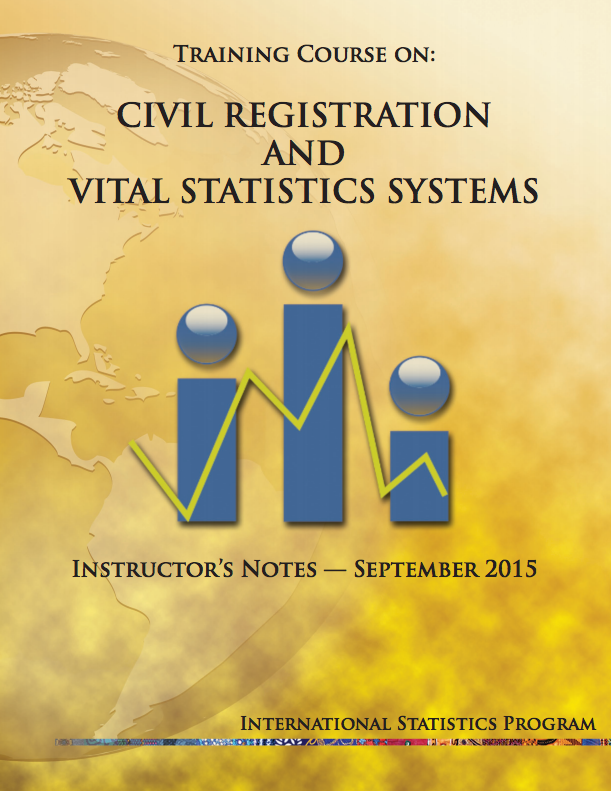WHO – FIC Mortality Forum
The objective of the Mortality Forum and the Mortality Reference Group (MRG) is to improve international comparability of mortality data by establishing standardized application of the International Classification of Diseases, 10th edition (ICD-10).


